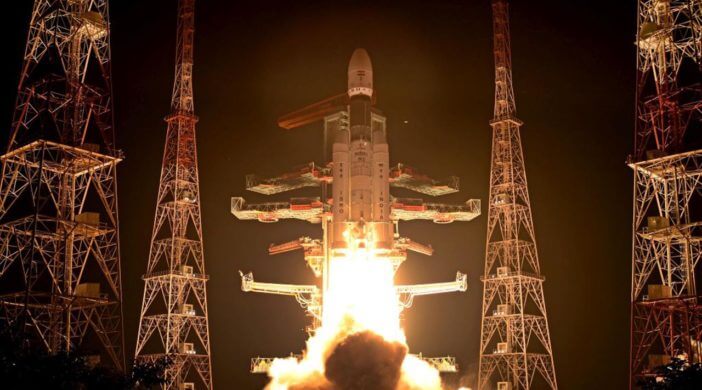The Biden Administration has announced that the United States and India will expand cooperation in space to include the Commercial Lunar Payload Services (CLPS) program under which NASA pays companies to deliver payloads to the moon. An Indian astronaut will also undergo spaceflight training at the space agency’s Johnson Space Center in Houston.
The steps were announced as part a wide-ranging expansion of cooperation on critical and emerging technologies between the two nations.
The two nations have committed to “identifying innovative approaches for the commercial sectors of the two countries to collaborate, especially with respect to activities related to NASA’s Commercial Lunar Payload Services (CLPS) project. Within the next year, NASA, with ISRO, will convene U.S. CLPS companies and Indian aerospace companies to advance this initiative,” according to a White House fact sheet.
NASA has awarded CLPS contracts to Astrobotic Technology, Deep Space Systems, Firefly Aerospace and Intuitive Machines to deliver payloads to the moon. Companies are responsible for building the landers and procuring launches on a fixed-priced contract basis.
It’s not clear exactly how involved Indian space companies would be in the CLPS program under the agreement.
India and the United States also committed to “strengthening cooperation on human spaceflight, including establishing exchanges that will include advanced training for an Indian Space Research Organization (ISRO)/Department of Space astronaut at NASA Johnson Space Center,” the announcement added.
ISRO is developing an independent spaceflight program under its Gaganyaan program. An uncrewed orbital flight test of the vehicle is scheduled for 2024, followed by a test with astronauts.
This would mark the first time NASA has provided human spaceflight training to India. A small group of Indian astronauts has previous undergone training in Russia.
The training could eventually lead to a flight by an Indian astronaut to the International Space Station on a NASA funded flight. That flight could be aboard a SpaceX Crew Dragon or a Boeing Starliner spacecraft under the space agency’s Commercial Crew Program.
President Joe Biden and Indian Prime Minister Narendra also committed the nations to “strengthening the bilateral commercial space partnership, including through a new U.S. Department of Commerce and Indian Department of Space-led initiative under the U.S.-India Civil Space Joint Working Group. This initiative will foster U.S.-India commercial space engagement and enable growth and partnerships between U.S. and Indian commercial space sectors.”
Other steps by the two nations include:
- initiating new STEM talent exchanges by expanding the Professional Engineer and Scientist Exchange Program (PESEP) to include space science, Earth science, and human spaceflight,
- extending a standing invitation to ISRO to participate in NASA’s biannual International Program Management Course,
- welcoming the visit this week by the ISRO Chairman S. Somanath to the United States, as well as a visit to India by the NASA Administrator Bill Nelson later this year, and
- expanding the agenda of the U.S.-India Civil Space Joint Working Group to include planetary defense.

